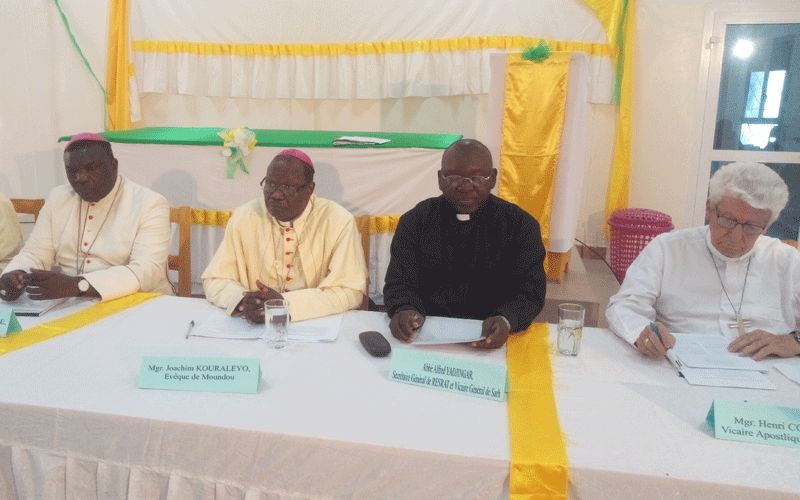N'Djamena, 17 December, 2019 / 1:34 am (ACI Africa).
The manner in which the north-central African nation of Chad is being governed is a cause for concern that has made the Catholic Bishops focus their collective Christmas message on the socio-political and economic challenges in their country, advocating for selfless and servant leadership.
“We all know what is wrong with our country in the economic, social and political fields. Even if such a situation is convenient for those who benefit from it, is it possible to continue like this?” the Bishops probed in their Christmas message dated Friday, December 13.
“International organizations and foundations already place Chad among the very last countries in the world, in terms of governance, security, law and justice, respect for human rights, the provision of goods and services, and sustainable economic development,” the Bishops reflected in their 22-point collective statement titled “the Chad we Want.”
“Building the Chad we want cannot be achieved if we sacrifice our social, moral and religious values, and if we lose sight of the very nature of politics, which is the "art of building the city" in peace and justice, of respecting and promoting fundamental human rights and of ensuring respect for common law,” the Prelates under their umbrella body of the Episcopal Conference of Chad (CET) said.
They have recounted the general public’s impression of their country saying, “In our country, politics is often identified by the population with lies and illicit enrichment, when it should be a fundamental means of promoting citizenship and human projects.”








